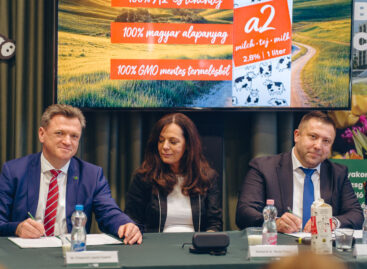GKI: “Is cheap labor still one of the bases of our competitiveness today?” – on the margin of a myth
The phrase in the title as a question came out as a statement from the mouth of the MKIK president. What is true about this? According to economic theory, the evolution of production costs and productivity together shape competitiveness. And productivity depends partly on the technology used and partly on the people operating it, their skills and knowledge.

Trained work processes dominate the activities of multis in Hungary
Among the costs, the weight of labor is relatively low in industry, but high in services (since the demand for live labor is higher). In 2020, in the case of Hungarian companies with 322,000 double-entry books, the revenue was HUF 89,500 billion, while personal payments amounted to HUF 9,900 billion (11%). Just as an interesting addition: the profit before taxes reached 7.6 thousand billion HUF despite the Covid-19 epidemic!
Hungarian economic policy treats the resettlement of manufacturing companies in our country as a priority area. Of these, car manufacturing is the flagship. According to the 2020 reports, the ratio of personal expenses to sales revenue in this sector was 6.8% (in the case of the largest player, Audi, this figure was only 5.9% in 2021). But in the case of the new favorite, battery production, 6.8% was also the appropriate indicator, which will decrease later on, until the production capacity is reached.
GKI
Related news
National Association of Hungarian Labor Agencies: HR service providers can help operate according to the new wage transparency rules
🎧 Hallgasd a cikket: Lejátszás Szünet Folytatás Leállítás Nyelv: Auto…
Read more >Related news
Tourism Business Index: improving sentiment, but the sector remains in the red
🎧 Hallgasd a cikket: Lejátszás Szünet Folytatás Leállítás Nyelv: Auto…
Read more >Levente Balogh announces a revolution in the quality dairy products market
🎧 Hallgasd a cikket: Lejátszás Szünet Folytatás Leállítás Nyelv: Auto…
Read more >Lamb Days – Gastronomic Adventure is coming again on March 28–29!
🎧 Hallgasd a cikket: Lejátszás Szünet Folytatás Leállítás Nyelv: Auto…
Read more >








